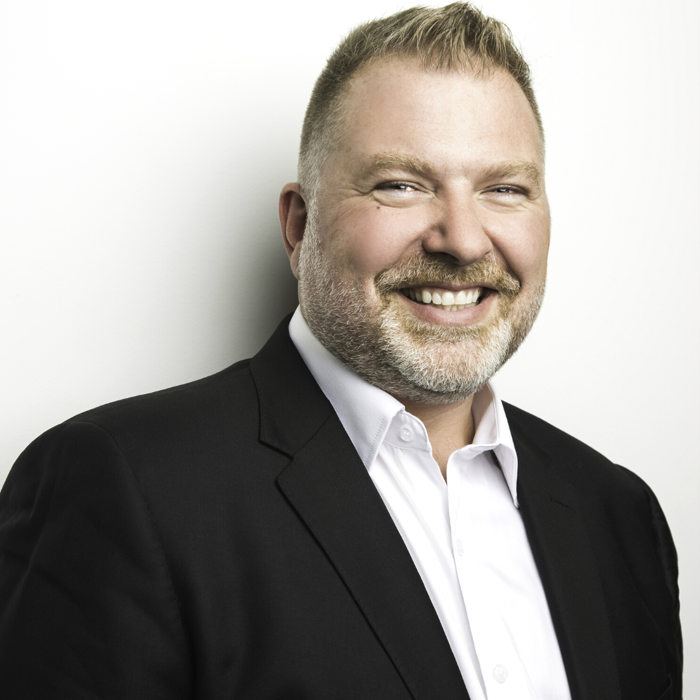Telescopic Globality: Exploring the One/All Paradox in Voice Learning Facilitation
Tuesday 19th March 2024, 5:00 PM - 7:00 PM (London Time)
As voice teachers and coaches, we're really in the learning game and, even more specifically, the somatic learning game because not only is singing an artform, it is a dynamic physical action connected with our whole self at all times – from early development to now. However, the principles of deep somatic learning are rarely taught to us as performers and/or vocal educators, and as a result it is quite common for us to apply non-somatic, mechanical principles to the deeply somatic project of improving our singing. This can lead to what is known as ‘septic focus’ – the tendency to look at a problem in isolation from its context which leads to quick and superficial fixes being passed off as learning. We see this in the ubiquitousness of ‘quick fixes’ and fitness solutions to vocal issues.
So, how do we move away from ‘septic focus’ and learn to facilitate genuine learning? Well, first we need to understand that we might know all the fancy stuff about vocal technique and voice science, acoustics and performance practices, but in order to facilitate integrated learning with another human being in need of embodying and integrating, not just superimposing, this knowledge into who they are requires a very different kind of thinking.
One very important principle to start working with right away, if somatic learning facilitation is your goal, is ‘telescopic globality’ – a term I coined to describe the phenomenon of focusing in on one detail of a system or action while simultaneously and proportionally zooming out to include more and more of the overall system/self in one's awareness all in one go (aka the ‘One/ALL Paradox’). Once mastered, this ability – which can feel like an impossibility at first – to be here and there at the same time, to think big and small at the same time, frees our students (and us) from the tyranny of ‘quick fixes’ and the dreaded ‘septic focus’ trap that keep us from truly enjoying full functionality in learning and performance.
In this two-hour workshop, we will:
- Be fully introduced to the concept of ‘telescopic globality’, in general and in voice training;
- Experience the phenomenon for ourselves to see what a difference it makes when learning and improving vocal function;
- Explore and practice simple ways of incorporating ‘telescopic globality’ into each of our singing and teaching practices.
Robert Sussuma
Robert Sussuma (MMus., GCFP), holds two degrees in vocal performance, has taught at many colleges and universities (including Naropa University, PACE...

Attend this course for as little as £22 as part of the Voice Professional Training CPD Award Scheme.
Learn MoreSorry, this is an archived short course...
We have plenty of upcoming short courses coming soon. See details of some of them below or look at the full list of short courses.


Tuesday 30th July 2024
5:00 PM - 7:00 PM
(London Time)
That’s What He Said: Gender Inequity in Sound Perception Research

Kristen Murdaugh
This course will detail the historical roots of gender inequity and bias in sound perception research, contrast that against present day research methods, and explore cutting-edge research that highlights the many roles that gender may play in sound perception, as well as in singing, and why those roles may impact research outcomes.


Thursday 1st August 2024
5:00 PM - 7:00 PM
(London Time)
Stretching for the singer: Moving beyond routines

Walt Fritz
Exercises and stretches for the singer/performer can easily be found online, many of which seem to conflict with or contradict others. Does this dilemma make one model wrong or another model better? Join me as we unpack these and other issues.


Tuesday 6th August 2024
5:00 PM - 7:00 PM
(London Time)
Habilitation for the Aging Avocational Singer

Dann Mitton
Join us to enhance your skills as a voice teacher and make a meaningful impact on the lives of aging singers. Equip yourself with the expertise to support their vocal journey and ensure they continue to enjoy singing with confidence and joy.
